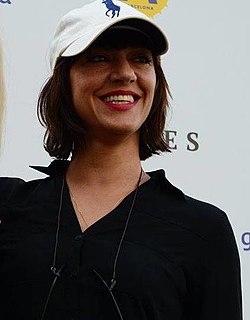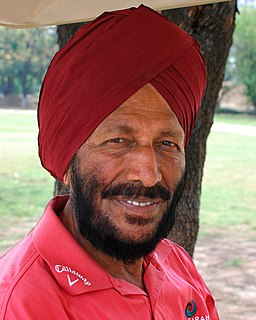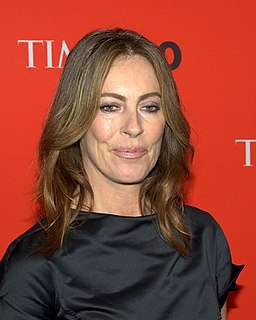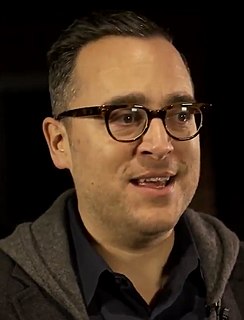A Quote by Sebastian Lelio
The living experience of film only happens when a film is seen, and only within the spectator, because they project their own fears, desires, and fantasies upon those lights and shadows.
Related Quotes
I believe that every character I create is in their own film, that happens to overlap with the main film. There are complete and real characters, even though we only spend only a little time with them. In the approach to what those entities are, that always appeals to an actor. What are they, since they are going to embody this character?
We are finally living in Plato's cave, if we consider how those who were imprisoned within the cave - who could do nothing but watch those shadows passing on the back wall - were convinced that those shadows were their one and only reality. I see a profound similarity to all this in the epoch we're now living in. We no longer live simply through images: we live through images that don't even exist, which are the result not of physical projection but of pure virtuality.
I must say here in France I had more serenity or security as I was working because I knew I was making the film the way I wished and that the film would be seen, ultimately, which is not always the case in Iran. In Iran, you always work having in mind this worry of will I be able to carry on my project as I wish and will the audience see the film.
You know, in an ideal world, people would just be intrigued and go and see a film without knowing anything about it, because that's where you're going to have the most experience of a film, the biggest, the most revelation of a film. But at the same time, I think there are benefits of having seen a trailer where you actually look forward to seeing moments in a film knowing that they're coming up. I don't know which is better.
I share with a lot of people who have seen The Green film at gay film festivals when you are the only gay guy on the block, you feel this responsibility to be this ambassador. You spend a lot of time making sure that other people feel comfortable with you. The perception that we project on that community, that gets in the way of a clear line of communication.




































